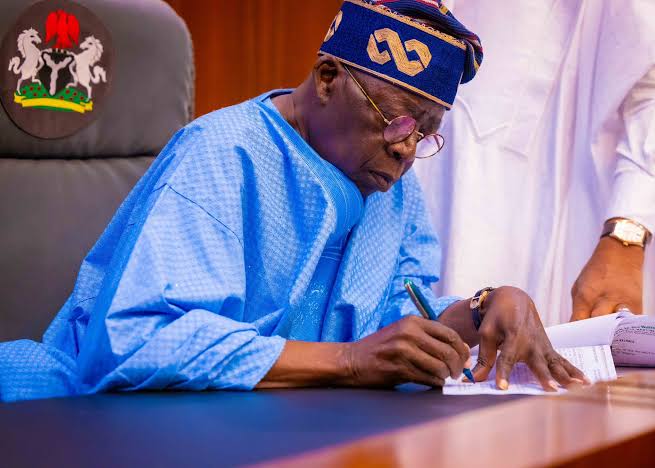
The Federal Government announced on Tuesday the reinstatement of a revamped social investment program aimed at alleviating poverty for 75 million Nigerians in 50 million households. This move is part of President Bola Tinubu’s reforms to commemorate his first year in office.
Minister of Finance and Coordinating Minister of the Economy, Wale Edun, revealed at a ministerial briefing that the overhauled cash transfer scheme is designed to tackle fraud and ensure direct payments to those in need.
Earlier this year, President Tinubu had suspended the National Social Investment Programme Agency (NSIPA) for six weeks to investigate alleged mismanagement. As a result, Betta Edu, Minister of Humanitarian Affairs and Poverty Alleviation, was also suspended. The affected programs included N-Power, conditional cash transfers, the government enterprise and empowerment program, and the home-grown school feeding initiative.
Following a House of Representatives directive in March, the government resumed the social investment initiatives. To ensure the program’s efficiency, a Special Presidential Panel led by Edun conducted an extensive review and audit.
Addressing the economic challenges, Edun noted that Tinubu’s macroeconomic reforms, such as subsidy removals and foreign exchange adjustments, initially increased costs but were necessary for stability. The government is committed to offsetting these impacts with targeted social interventions.
Edun highlighted that 30% of the world’s population faces food insecurity, stressing the importance of agriculture in mitigating this crisis. The government has allocated N200bn for agricultural interventions to boost food security and curb inflation, which hit 33.69% in April, driven by a 40.53% rise in food prices.
Additionally, the government has improved access to credit, allocating N1bn to consumer credit and providing grants to support nano industries. Edun also announced plans for an Economic Emergency Plan to be implemented over the next six months, aimed at stabilizing and growing the economy.
To promote transparency and accountability, the government has introduced direct payments to contractors and suppliers. Nigeria’s international credit rating has improved, and the government has cleared a $200m shareholding with the Islamic Development Bank, enhancing investor confidence.
Infrastructure development remains a priority, with funds set up to support housing construction and provide low-interest mortgages. The government is also promoting the use of compressed natural gas (CNG) and renewable energy sources to reduce reliance on petrol.
Edun concluded by affirming that Nigeria is now better positioned to service its debts and meet financial obligations, thanks to increased revenue and prudent financial management. The government’s commitment to economic reforms and social interventions aims to foster a stable, growing economy that attracts investment, creates jobs, and reduces poverty.


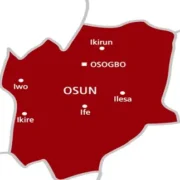
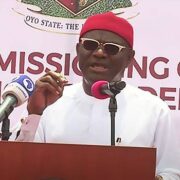


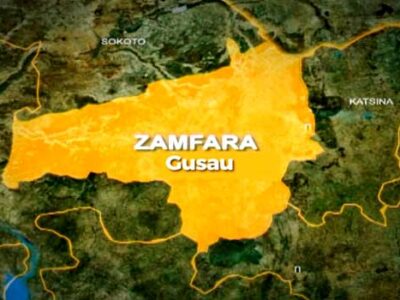
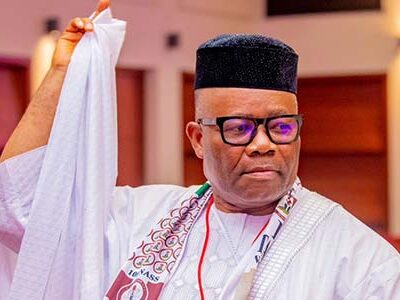












Comments